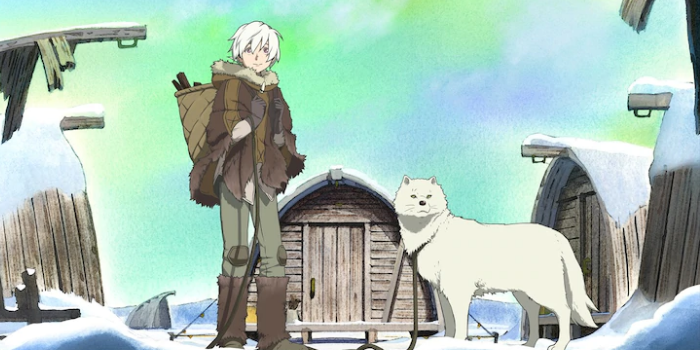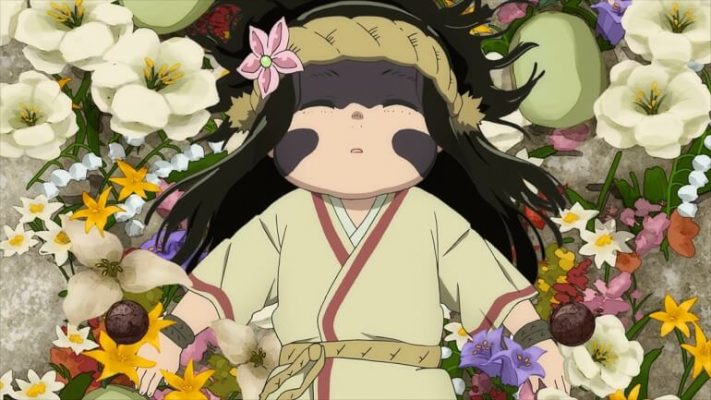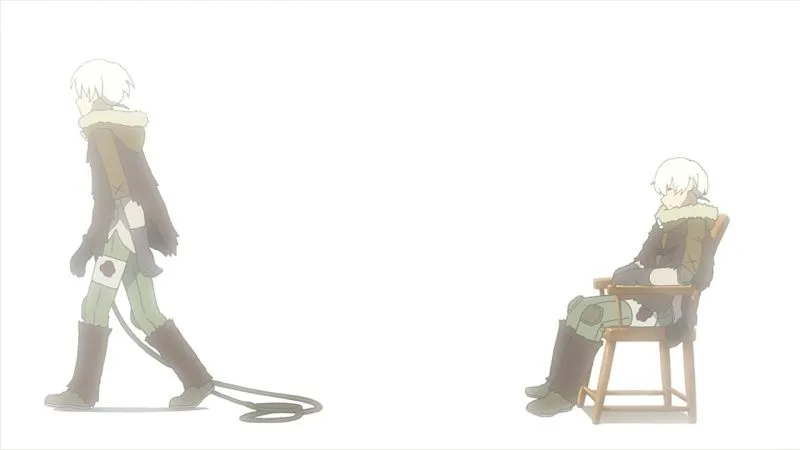So, folks, we've already created a post about the curious ideologies of Tokyo Revengers, which you can see by clicking here anime 's success . Without further ado, let's learn a little more about the work:

Curiosities about To Your Eternity – Idealism as a Starting Point?
For those unfamiliar with the work, it revolves around a being who evolves, developing feelings, and adapting to adversity. So, the first thing we notice is that even though he's not truly human, he is. This happens because, over time, he learns everything that society imposed on him at that time. In other words, in this respect, he's no different from a developing child.
On the other hand, we conclude that the first philosophical doctrine we see in the anime is Idealism. The creature's evolutionary condition stems from ideas—more precisely, from its curiosity, which initially appears quite innocent, yet simultaneously engaging.
To Your Eternity Curiosities – Supporting Characters as Protagonists?!

Furthermore, all the diversity surrounding philosophy isn't limited to our main character. This becomes quite obvious when we meet March and Parona, both of whom follow an existentialist ideology. This becomes clear when they break the village laws out of a greater desire to do whatever they want, unfettered by rules. Furthermore, even though their actions were shown to be fruitless, the series embraced both and gave them a worthy end for those who embrace their beliefs.
Other Philosophical Doctrines

Even though it's volatile and contains various thoughts, the work still openly denies others. This is a case of Rationalism, as practically all of the anime's most important decisions were made based on feelings rather than logic. Consequently, there was no shortage of losses and disasters that could perhaps have been avoided. Ultimately, perhaps the exclusion is a critique of rationalism? Does it show us that it is essential? Or does it reveal to us that we are incapable of having it in the most important situations?
Furthermore, in the most recent episodes of the series, we see the Nihilist movement strongly present. In fact, it's already been evident throughout the plot, but it's been gaining more strength over time! With an immortal character, he ends up witnessing the deaths of several loved ones, which generates discomfort and a tremendous existential crisis. In any case, the presence of death has been present since the first episode, and perhaps this only serves to show us that regardless of your ideals, the end is the same for everyone.
Conclusion
In short, this blend of ancient and contemporary philosophy, along with a dose of adventure and action, makes this one of the best films of the moment. By tackling contradictory and complex themes, it leaves us not only moved but also reflective. Finally, it's worth highlighting the talent behind the production, including the soundtrack and even the animation, which are sensational.
That's it, folks. I hope you enjoyed another unique perspective on anime. If you have any criticisms or suggestions, leave them in the comments. See you next time!


